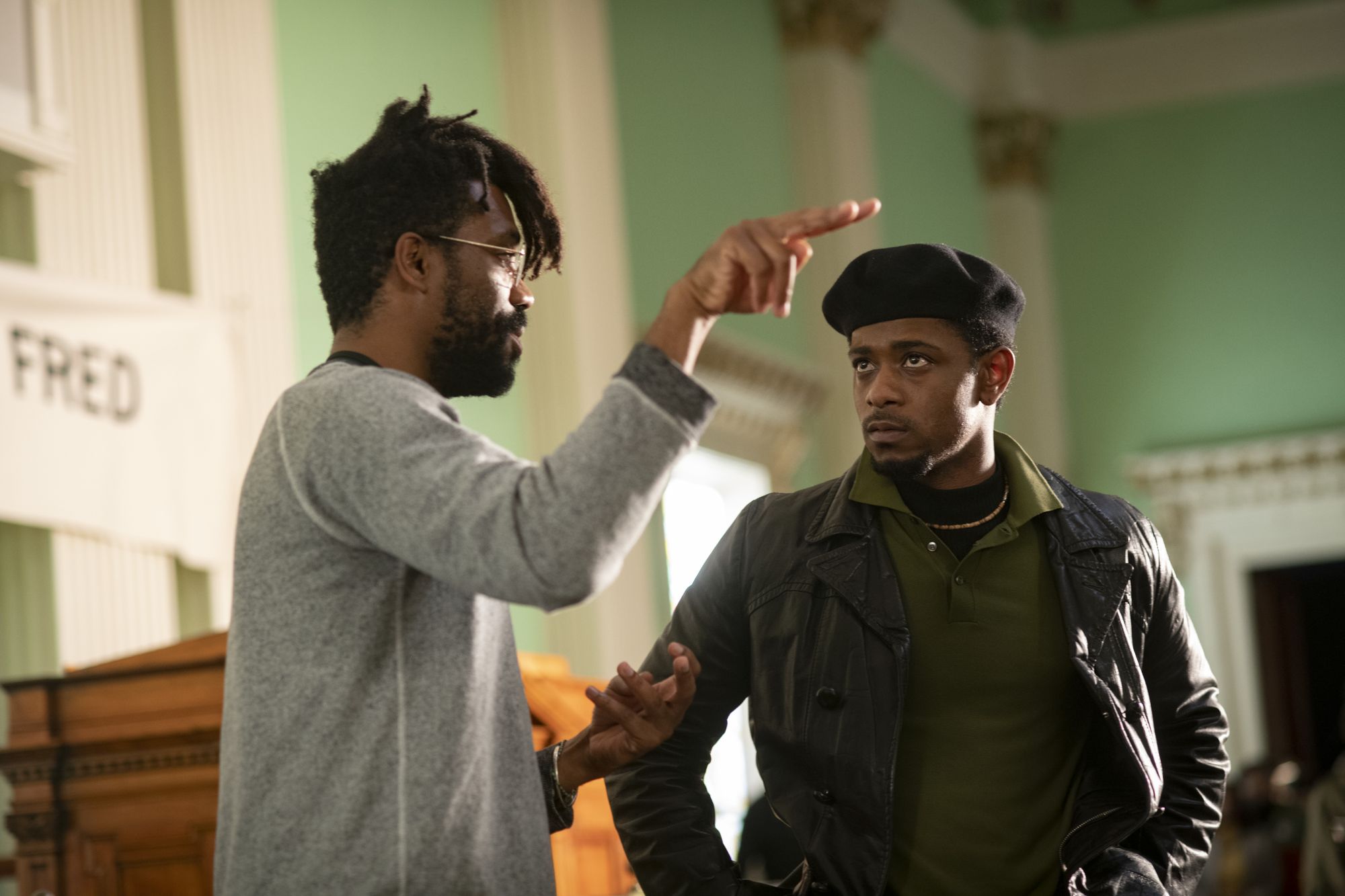Judas and the Black Messiah (2021): A Movie Review
Shaka King’s second feature is engaging, pulls no punches, and moves at an exhilarating pace.

“Those are not riots, those are rebellions.”
Judas and the Black Messiah is engaging and direct filmmaking. It moves at an exhilarating pace, with a great script that structures the narrative in a satisfying way, telling a story that pulls no punches and is energised by some great performances.
It is a story that is what it says it is. It means what it means on the surface. There are no hidden layers or subtextual meaning: just the straight depiction of events and cultural context around the Black Panther Party, a Chicago street gang (the "Crowns," fictionalised), and the FBI and Chicago Police Department of 1969 in the US.
It concerns the life of Fred Hampton, a young Black Panther who possibly had the potential to be the “black messiah” the US government feared emerging at that time. A leader who could unify and empower the black power movement, which they characterised as an extreme threat to national security.
This is a mode of storytelling that, done with quality, produces refreshing and engaging results. Which is exactly how I found the second feature-length film from Shaka King - whose debut was Newlyweeds (2013). Fast-paced, absorbing, and fresh. It is a movie that never apologises for showing, or dilutes, a perspective still divisive in US society today. Instead, it focuses on giving the viewer that perspective in a clear, dramatically rewarding fashion.
A primary narrative focus is on the manipulation of the political groups that formed within the black community at the time, and the (often violent) oppression of that community, by police and federal agents. This manipulation sowed distrust and created division within movements with the potential to effect change through methods that included violence.
Part of this involves, like in organised crime, turning activists facing jail time into informants — such as Bill O'Neil, the “Judas” of the movie’s title. Clips of O'Neil in interview book-end the movie, connecting the drama to its nonfiction basis (and packing a punch in how it does it).
O'Neil's story is put on screen for history to judge, which is what he says he wants in interview. The script gives a brief vantage from which you can see him as a victim, manipulated into a position he does not want to be in, but also gives a clear view onto the self-interested motives that put him in that position (avoiding prison, making money).
One of the big takeaways of the story is that the violence used by the Panthers and black power-oriented gangs, which could be brutal, could pale next to the violence inflicted on their members and the black community by the authorities. Not to mention the systemic oppression that created the conditions for such "rebellions, not riots" to arise in the first place.
Daniel Kaluuya (as Fred Hampton) and LaKeith Lee Stanfield (as Bill O'Neil) both turn in excellent performances. Kaluuya shows a captivating mix of toughness and moral conviction. It is a dynamic performance that turbo charges the movie. LaKeith captures the shame of betrayal and psychological captivity, but also the excitement-through-danger of O'Neil's nature and position. In a lesser role, Martin Sheen impresses playing a soft-spoken and slippery J. Edgar Hoover.
Perhaps the biggest surprise is that the movie has not been made until now. It is a terrific, charged-up and fast-moving, historical/biographical drama and (semi-fictional) document of political activism.
James Lanternman writes movie reviews, essays, and moonlit thoughts. You can reach him at [email protected].
Previously… Black Christmas (1974): Early Slasher, Twisted Christmas Movie, 1970s Abortion Views Time Capsule
